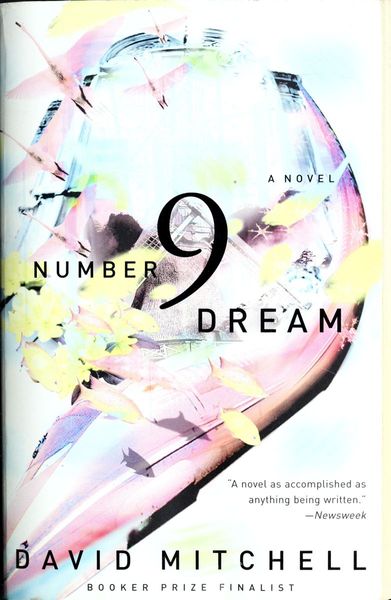
Number9dream A Novel
In the wake of his sister's death and his mother's breakdown, Eiji Miyake, a young dreamer from remote rural Japan, journeys to Tokyo to find his long-lost father and comes face to face with the dark underworld of the great city and the enigmatic landscapes of his dreams. By the author of Ghostwritten. Reprint. 25,000 first printing.
Reviews
Joe@joe2267
jess larry@hijess
Fraser Simons@frasersimons
mia@miasophiejosie
Jade Flynn@jadeflynn
Daryl Houston@dllh
Christine Liu@christineliu
Mario Menti @mario
Brandon Lee@sangsara
Steve Parks@steveparks
Jayme Cochrane@jamesco
Will Vunderink@willvunderink
Hannah Swithinbank@hannahswiv
Kyle Curry@kcurry24
Klaus Eck@klauseck
Aubrey Hicks@aubreyhi
Daniel Gynn@danielgynn
Elena@pastelli
Jane Mount@janemount
Chrystal Giordano@kika91
Anna Ureta@akiikomori
Clare B@hadaly
Frederik De Bosschere@freddy
Stephanie Highfield @shighfi